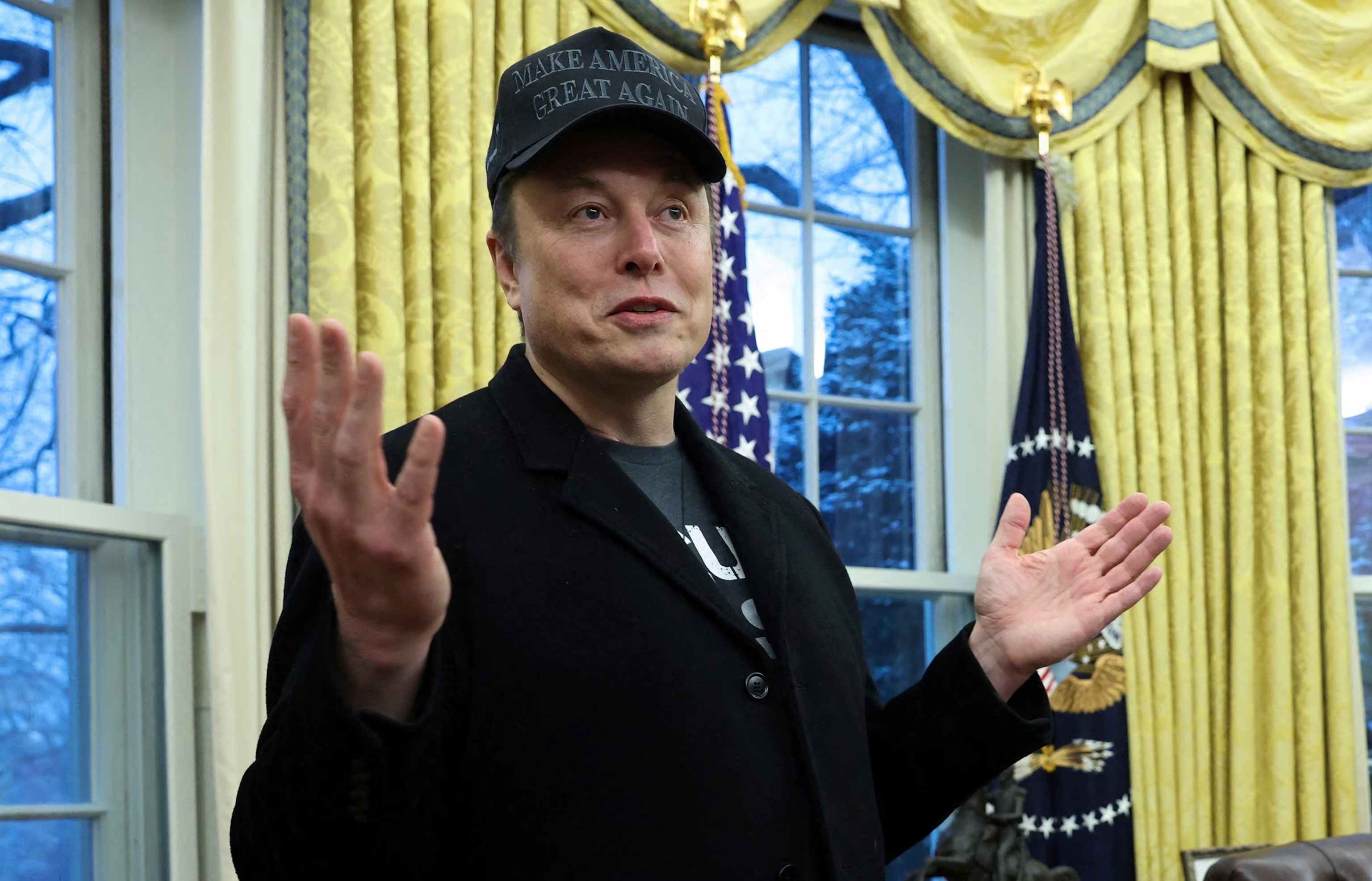On May 28, 2025, U.S. District Judge Tanya Chutkan ruled that a lawsuit brought by 14 Democratic-led states against Elon Musk and the Department of Government Efficiency (DOGE) could proceed, declaring Musk’s actions through DOGE unconstitutional. The lawsuit, spearheaded by New Mexico Attorney General Raúl Torrez, accuses Musk of wielding unchecked power, violating the Constitution’s Appointments Clause by making sweeping federal cuts without Senate confirmation. Chutkan’s 42-page opinion rejected the Trump administration’s motion to dismiss, asserting that Musk’s role was not merely advisory but involved significant authority over federal agencies, including terminating employees and accessing sensitive data. While President Trump was dismissed as a defendant, Musk remains liable for DOGE’s actions.

Hours after the ruling, Musk announced on X that he had officially stepped away from DOGE, the entity he co-led to slash federal spending and streamline government operations. However, Chutkan’s decision emphasized that Musk’s departure does not shield him from legal accountability for the damage caused by DOGE’s aggressive cost-cutting measures. The states allege Musk’s actions disrupted federal programs, including New Mexico’s access to Bipartisan Infrastructure Law grants for mine safety. Torrez hailed the ruling as a milestone in preserving constitutional checks and balances, vowing to continue challenging Musk’s influence.
The lawsuit, filed in February, argues that Musk and DOGE violated separation of powers by bypassing congressional oversight. Chutkan found that states like New Mexico and Washington demonstrated sufficient injury to pursue their claims, particularly regarding unauthorized access to government systems. Despite the White House’s claim that Musk was a temporary advisor, Chutkan noted public statements from Trump and Musk himself, which described Musk as leading DOGE’s efforts. This contradiction undermined attempts to downplay his authority.
Musk’s abrupt exit from DOGE follows mounting legal challenges, including a separate March ruling that blocked DOGE from accessing sensitive data at agencies like the Treasury Department. While Musk has shifted focus to his companies, the lawsuit’s progression signals ongoing scrutiny of his influence in the Trump administration. The case could set a precedent for limiting unelected individuals’ roles in federal governance. As the legal battle continues, the states aim to reverse DOGE’s actions and restore affected programs, ensuring accountability for what they describe as Musk’s “reign of terror” over federal operations.






